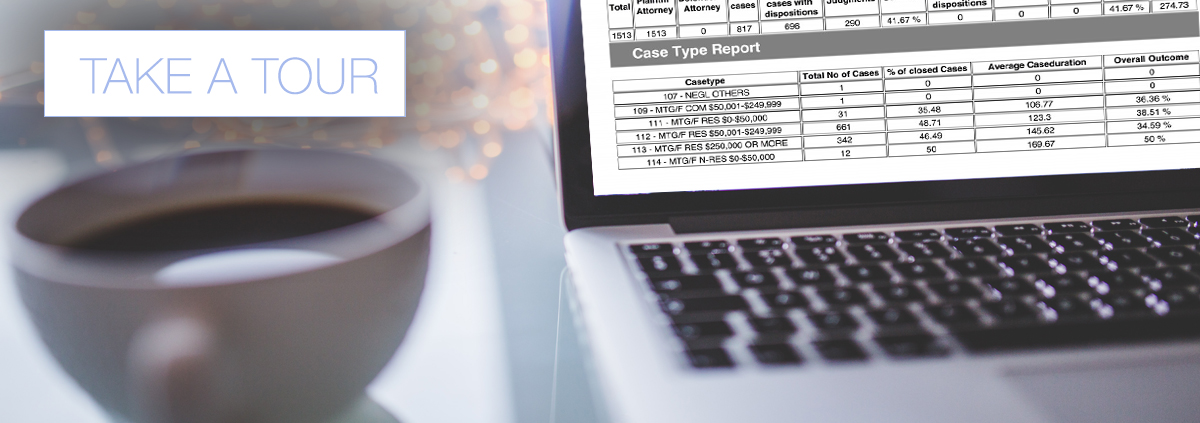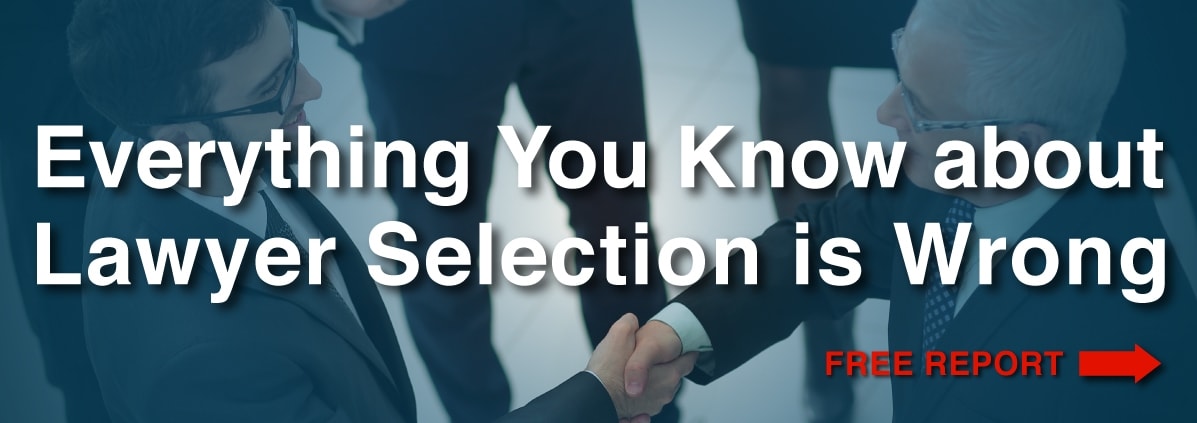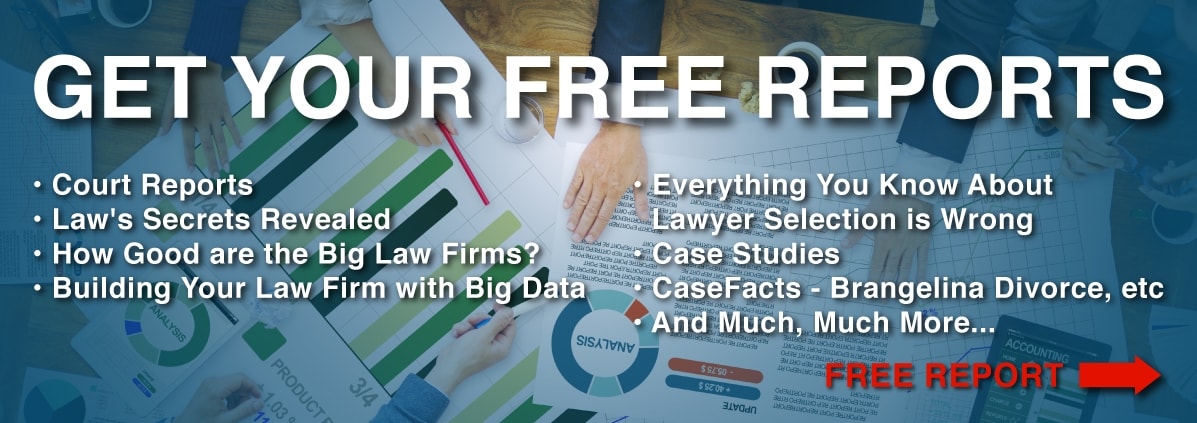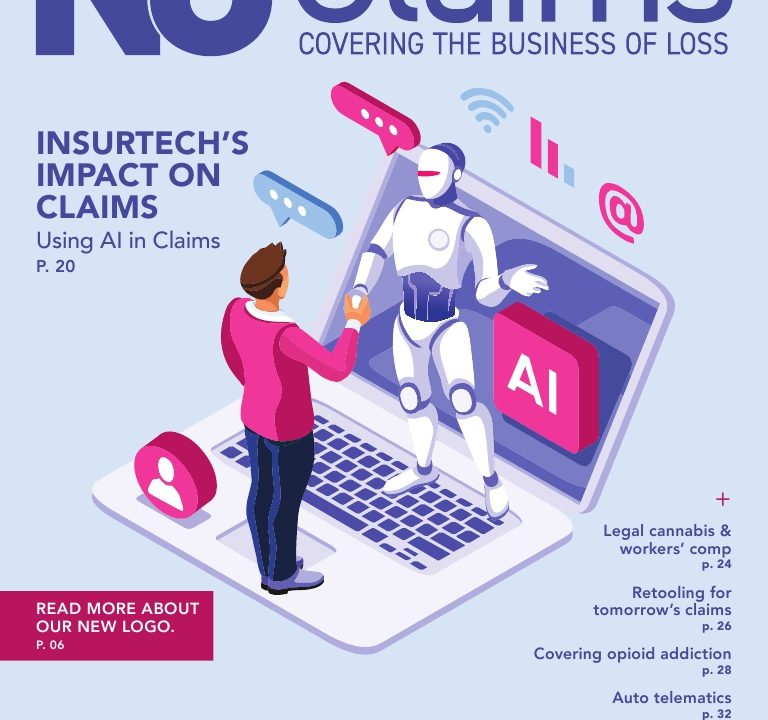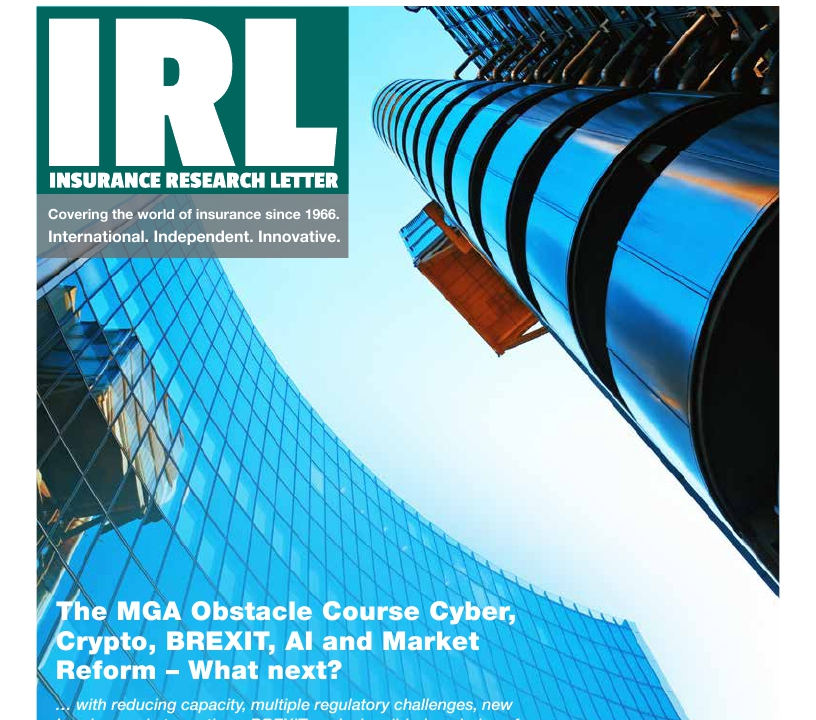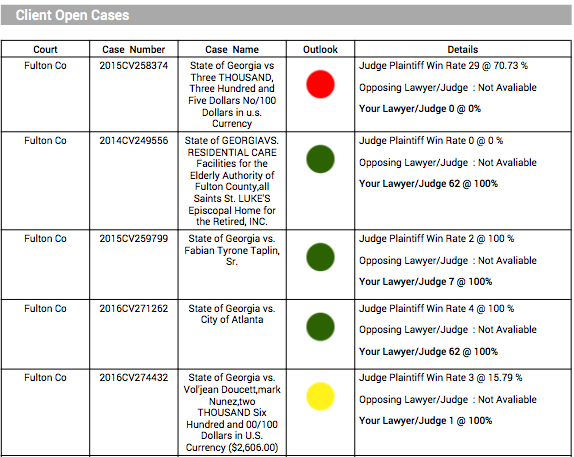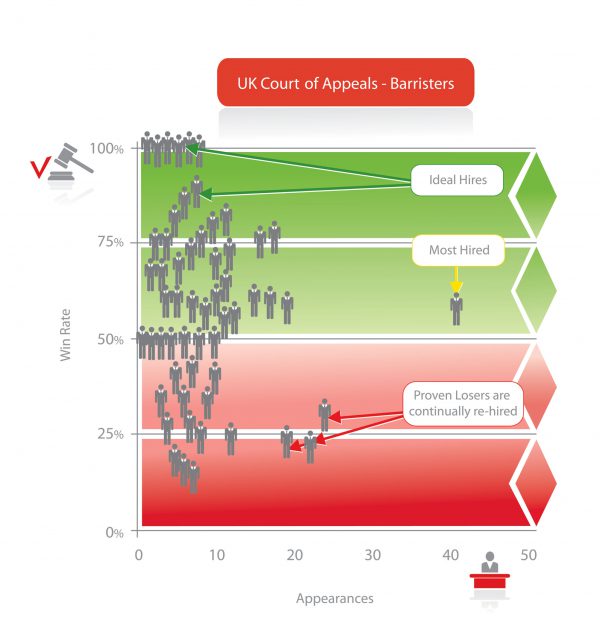Running The Numbers
Running The Numbers

Florida Trends
Article by- Art Levy [email protected]
More Lawyers are using analytics to gain an edge. Using data to predict performance encompasses everything from deciding how to invest your money to predicting how well a baseball player will hit with a new team to anticipating how well an ad campaign will work. And now the legal profession is getting on board.
The technology is still in its early days, but attorneys are starting to use analytics to predict the outcome of a case, determine a lawsuit’s potential payoff or loss and identify which arguments might work with a particular judge. “It’s kind of like those grainy videos of the Wright brothers,” says Ed Walters, a law professor at the Georgetown University Law Center and CEO of Fastcase, a legal analytics and research firm. “We’re barely able to get the plane off the ground at this point, but you can see what direction the trend is heading. Once you leave the ground, people will never be satisfied to have their feet only on the ground anymore.”
Three years ago, the Florida Bar asked John Stewart, co-managing shareholder at Vero Beach Based Steward, Evens, Steward & Emmons, to study technology’s impact on the legal profession. He didn’t find widespread interest in analytics initially, but he says that’s changing, particularly as more software companies offer the service and attorneys worry that they’ll be at a disadvantage if they don’t use it.
“Lawyers have traditionally been a little bit slow in adapting to technological change,” says Stewart, a member of the state Bar’s board of governors. “More attorneys are going to have to adapt, particularly in litigation work for predictive outcomes”, he says. Walters say’s analytics enable attorneys to “practice with more confidence” since they’ll have a better idea of potential outcomes, but he says clients will benefit, too.
“I think the bigger impact is going to be on clients because I think their litigation cost are going to go way down”, He says. “Cases will settle earlier because everyone understands the range of outcomes much better. I think it will take a lot of the friction out of the legal system when you can tell algorithmically that the contract you’re looking at is standard. You don’t have to spend so much money negotiating it or rewriting it or fighting over the drafting.
Miami-based Premonition focuses it’s analytics on the performance of individual attorneys who argue cases before individual judges. Toby Unwin, the company’s chief innovation officer, says Premonition has “the world’s largest litigation database, enabling potential clients to see which attorneys have the highest ‘win rates’ and which attorneys have the best chance of winning.”
“Premonition is an artificial intelligence system that mines big data to find out which attorneys win before which judge,” Unwin stays. Other data points include case duration-based on case types, attorneys and judge-and how specific attorneys fared under specific judges. “It’s a very, very unfair advantage in litigation.” An average 30.7% of case outcomes come from the relationship between the attorney and the judge. The old saying- “a good attorney knows the law and a great one knows the judge” – is true.


